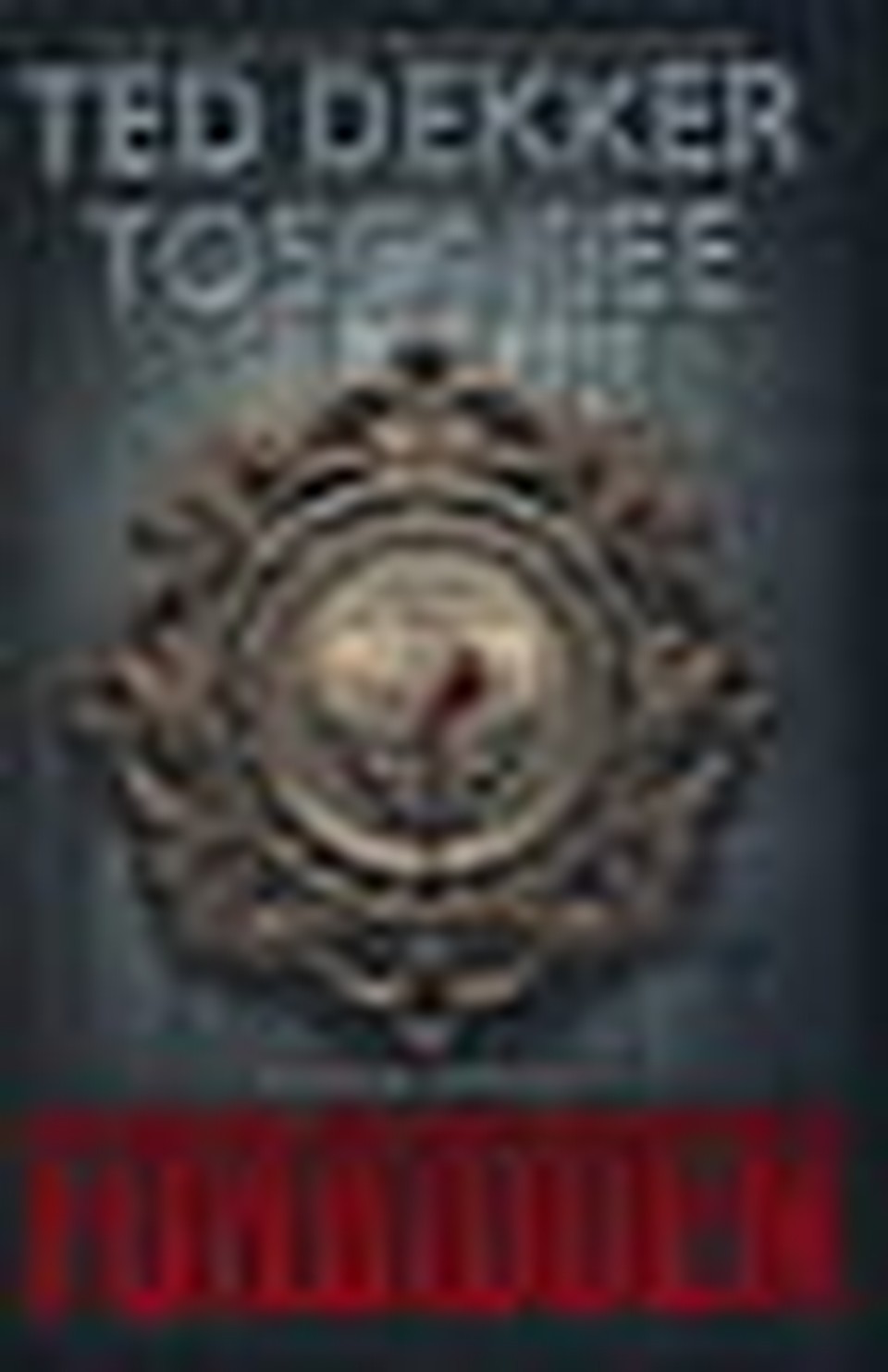Don’t Stay Away from Forbidden

Authors: Ted Dekker & Tosca Lee
Title: Forbidden
Label: Centre Street
Leaving behind the worlds of murder and serial killers where his most recent work dwelt, acclaimed novelist Ted Dekker returns to the territory of his earliest work with a new writing partner and a new series, led off by the science fiction thriller Forbidden, co-written with Tosca Lee.
The novel really is the best of both authors, as Dekker offers more of his signature formula—combining a high-octane plot with tantalizing philosophical queries, and Lee darkens the edges with sinister characters and prose that has a bit more epic sweep than Dekker’s latest fare.
This time around, Dekker and Lee (the Christy Award-nominated author of Demon: A Memoir) delve into the world of emotion, posing striking questions about the influence and impact of emotions on day-to-day life. Set in the year 2500, Forbidden is science fiction, but not the kind with robots or spaceships. In this world, science has found a way to genetically control emotions, and has stripped humans of all emotions but the one necessary for self-preservation—fear. The reasoning behind this ruling is simple, “unchained passion ruled—and ruined—the hearts of men.” The absence of technology and weaponry has made the world more like the past than the future, however, and the ruling power is centered in the region known as Byzantium—present-day Rome.
Early in the story, artist Rom Sebastian is accosted by a stranger in an alley who claims to have known Rom’s father, and entrusts him with a parcel. When the man is attacked by government security agents, Rom flees home with the parcel, only to watch his mother die in front of him at the hands of more agents. Rom examines the contents of the package, which includes a vial of blood and a cryptic message that suggests drinking it “grants the power to live,” and makes the fateful decision to drink. Almost immediately, he begins reaping the consequences of his decision, one that sets the remainder of the novel’s plot in motion. The blood he has imbibed contains the power to awaken a full spectrum of human emotion. Once Rom realizes this, he begins unlocking the rest of the parcel’s message, and the results take him to the highest echelons of power, where he begins to question everything he thought he knew about the virtues of this emotion-free world.
Forbidden is a broadly-imagined, and solidly-executed thriller, in keeping with both authors’ best work. Successful science fiction must have an element of prophetic vision to it, and this one does. It’s not hard to conjure up a world where bureaucrats, aided by the nearly-omnipotent abilities of science, rule that emotion must be eliminated in a desperate attempt to stave off global destruction. Wading through the vocabulary of this new futuristic world does take some doing; jargon like Chaos, Order, Sovereign, and the geographic arrangement of nations, among others, all need unpacking for the reader to keep up. But once the reader is inside the world, they are guided splendidly by Dekker and Lee. Despite its breakneck pace, the story breathes in spots, allowing the authors to examine the consequences of emotions, even questioning whether a society like the one described might indeed be better.
Another breakthrough occurs, particularly for Christian readers, later in the novel, once the full significance of the power of the blood is revealed. Combining elements of sacrifice, rebirth, and literal and figurative life and death, the story offers a fresh and profound reimagining of the Christian faith’s most profound truths.
In this way, Forbidden offers more depth than a standard post-apocalyptic thriller. It’s carried along by a solid plot, including one shocking twist in its final pages, but emerges as something more substantial thanks to its exploration of deeper truths. Obviously, that’s what readers of Dekker have known for years, but this new partnership with Lee seems to have added something richer to his work.
Originally published September 14, 2011.





